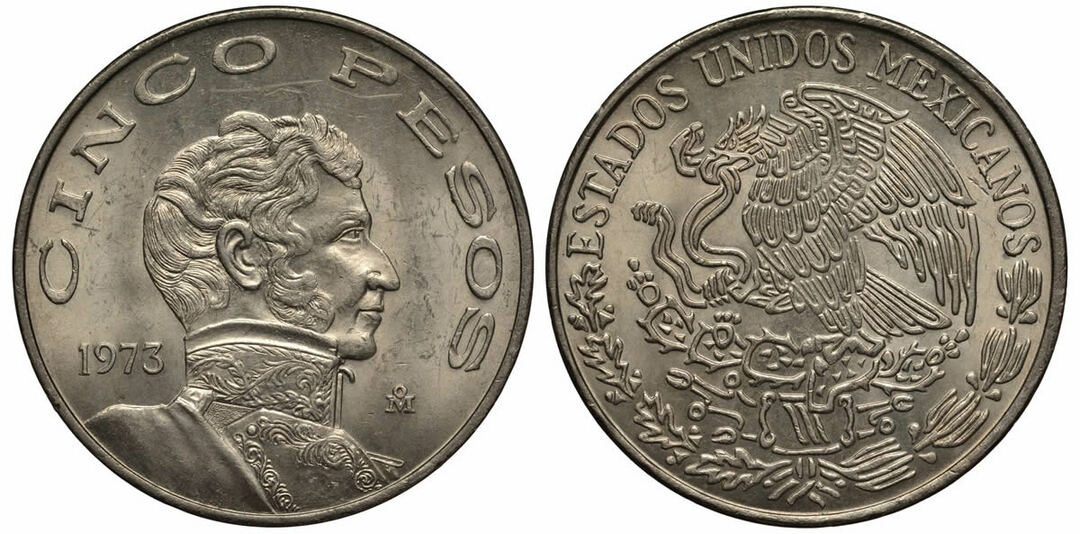Importance of the Treaty of Bucareli (1923)
Miscellanea / / August 08, 2023
 It was an economic and political agreement, signed in 1923, by the United States and Mexico, after the Mexican Revolution, with the main mission of protecting the private property that US citizens had at that time on Mexican soil.
It was an economic and political agreement, signed in 1923, by the United States and Mexico, after the Mexican Revolution, with the main mission of protecting the private property that US citizens had at that time on Mexican soil.
An agreement motivated by North American economic convenience and Mexican political necessity
After the aforementioned Revolution, the governments that assumed the political power of the state and that promoted a management based on social justice, they expropriated the assets of the Americans without any kind of financial compensation for it.
On the other hand, it recognized the rights over the wells of Petroleum on Mexican soil to those North American companies that had managed them before the Revolution, a situation that Constitution sanctioned in 1917 had prohibited in order to defend the authority of its resources.
Thus, once said agreement was in force, the companies would recover said rights and ensured a million-dollar income that would go directly to their coffers.
The "Mexican spirit" of the agreement was to benefit the United States to a greater extent in order to count on their support at a time when post-revolution political dissidence was beginning to complicate the governance
For Mexico, it would be especially beneficial on the political level, since it complied with the demand of President Álvaro Obregón to finally to be a government recognized by the United States, something that did not happen with the administrations preceding his and after the Revolution.
Political adversaries threatened Obregón's continuity in power, and having the United States on his side assured him, on the one hand, harmony with that nation, always on the lookout of the opportunity to carry out an incursion into Mexican territory, and on the other hand, to win over their local enemies who were also seeking a rapprochement with the americans.
There was also an economic reason for Mexico and it was to be able to count on foreign investment, so necessary in a critical economic context.
He also ordered the creation of a body that would deal with the claims of the Americans.
An inapplicable agreement that resigned Mexican autonomy
In practice, the treaty encountered many difficulties in its application, and the United States managed to half their goals since the Mexican court of justice did not give free rein to retroactivity in the matter of the wells oil.
The treaty, which clearly had the intention of ceding autonomy and sovereignty in favor of the powerful neighboring country, and which the government of the day led by Obregón supported, did nothing more than contradict many of the maxims that inspired the Revolution.
Finally, a year later, with Plutarco Calles in the presidency of Mexico, the treaty was rejected.
As is customary, the denomination of the treaty as Bucarelli had its raison d'être in the circumstance that it was signed in a cito building on that street in the Federal District of Mexico.
Fotolia image. Yaroslav
write a comment
Contribute with your comment to add value, correct or debate the topic.Privacy: a) your data will not be shared with anyone; b) your email will not be published; c) to avoid misuse, all messages are moderated.


